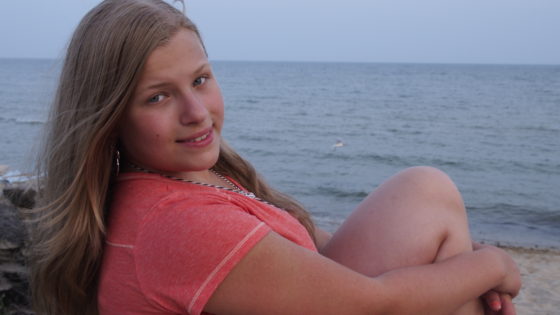How would I feel if I were an orphanage graduate?
Maggie (16) and her brother Daniel (13) grew up alongside our Last Bell youth, observing the work of their parents, Andrey and Oksana Pankyeyev, and later babysitting for the children in our Stop the Cycle families. Maggie has paid attention to the orphans around her; some left the orphanage at the same age she is now. Here’s her perspective on the challenges her peers face.
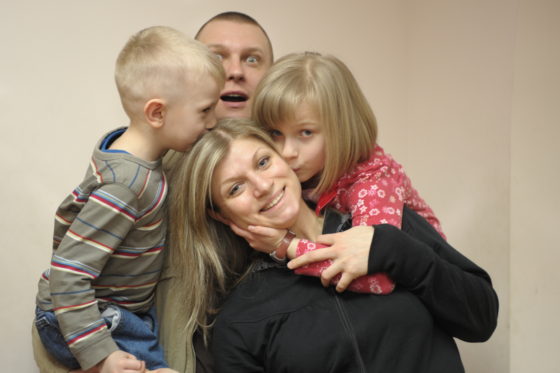
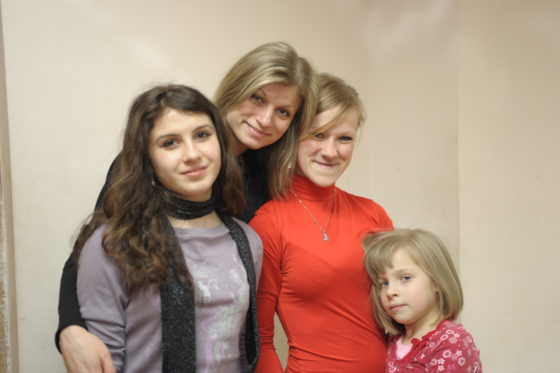
By: Margarita Pankyeyeva
Heavily edited for brevity and clarity.
The orphanage is like a separate universe, the gates of which are opened to the outer world from time to time. Kids in this particular universe, no matter how the caregivers treat them, are traumatized.
They don’t have their own private room, a space where they can do what they want without fear that their secret will be revealed. They’re always in a crowd, though every person, even the most sociable, sometimes needs a quiet place with privacy. Especially when they’re around tough kids.
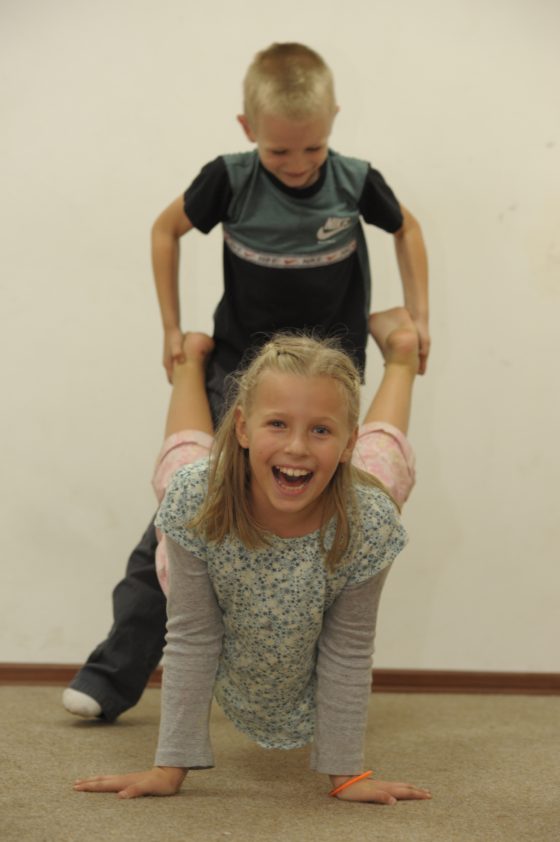
An orphan doesn’t have a personal adult, like a mom or dad. Even if their caregivers are the kindest and nicest, they can’t pay enough attention to any kid, which each kid’s sensitive soul needs desperately. They’ve lacked something since young childhood. If it doesn’t sound rude, I might say they’re incomplete in some way.
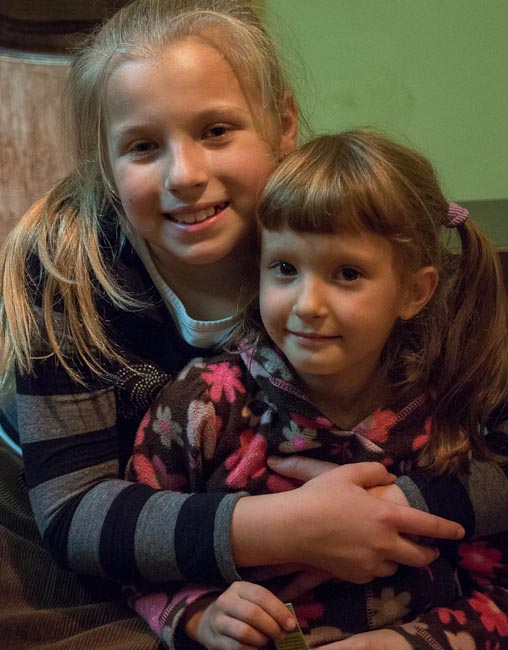
To live in an orphanage is like always staying at school. At school students are taught Math, Languages, Literature, Science… but no one at school will teach a student cooking, taking care of yourself, budgeting, socializing, or building safe, right relationships, either friendships or love. So when these children go out into the real world, which they couldn’t experience before, without money, skills, or knowledge, they’re lost.
When I put myself in their shoes, I’m really scared. What would I do, if I turned up by myself on the street? Where would I go? I can’t budget wisely, I wouldn’t be able to find a good job or a place to live. I would have no one to address for help!
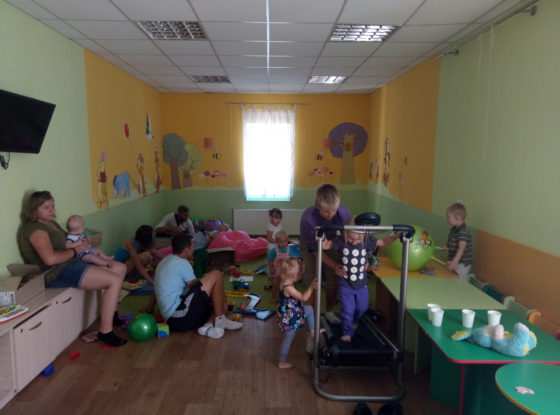
But my parents have been taking care of me since my birth, teaching and instructing me, giving me the necessary skills and providing an example. So what’s the problem?
The problem is that I’m still a child. At the age when orphanage graduates arrive in the adult world, I still need the care and support of adults, and I need time to prepare for living independently. And even as I grow older, I’ll be able to come to my family for help.
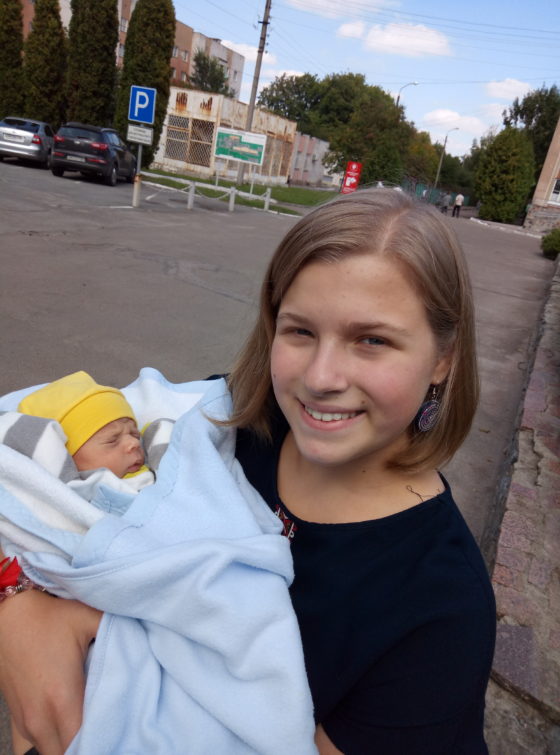
Kids from the orphanage don’t have a season between childhood and adulthood. They have to grow old too quickly and harshly, which traumatizes them even more. It’s like when clay is hardening. If it’s not allowed enough time to harden, strong pressure will deform it. The same happens to a child leaving at the orphanage gate.
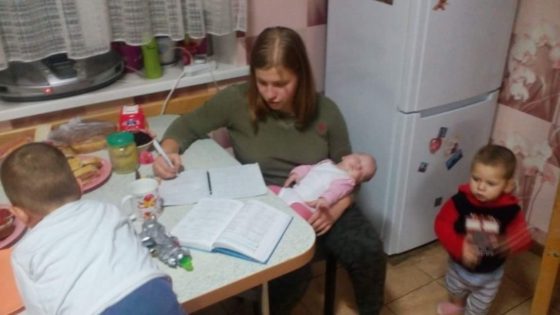
It’s impossible to grow older immediately. Between the seasons of childhood and adulthood, there is a season of youth. But these young, immature people are left without advice. They have to solve their problems by themselves. Unfortunately, their choices are not always right. They don’t always find good friends. So they become part of a criminal environment, go to prison, or become addicted to something.
When you don’t have firm foundation, it’s extremely difficult to stand on that shaky ground.
Parents are this firm foundation every child needs. God provided this part of their lives for normal, healthy, gradual development. Without this strong foundation, one can’t build a nice big house. It’s the same with kids.
